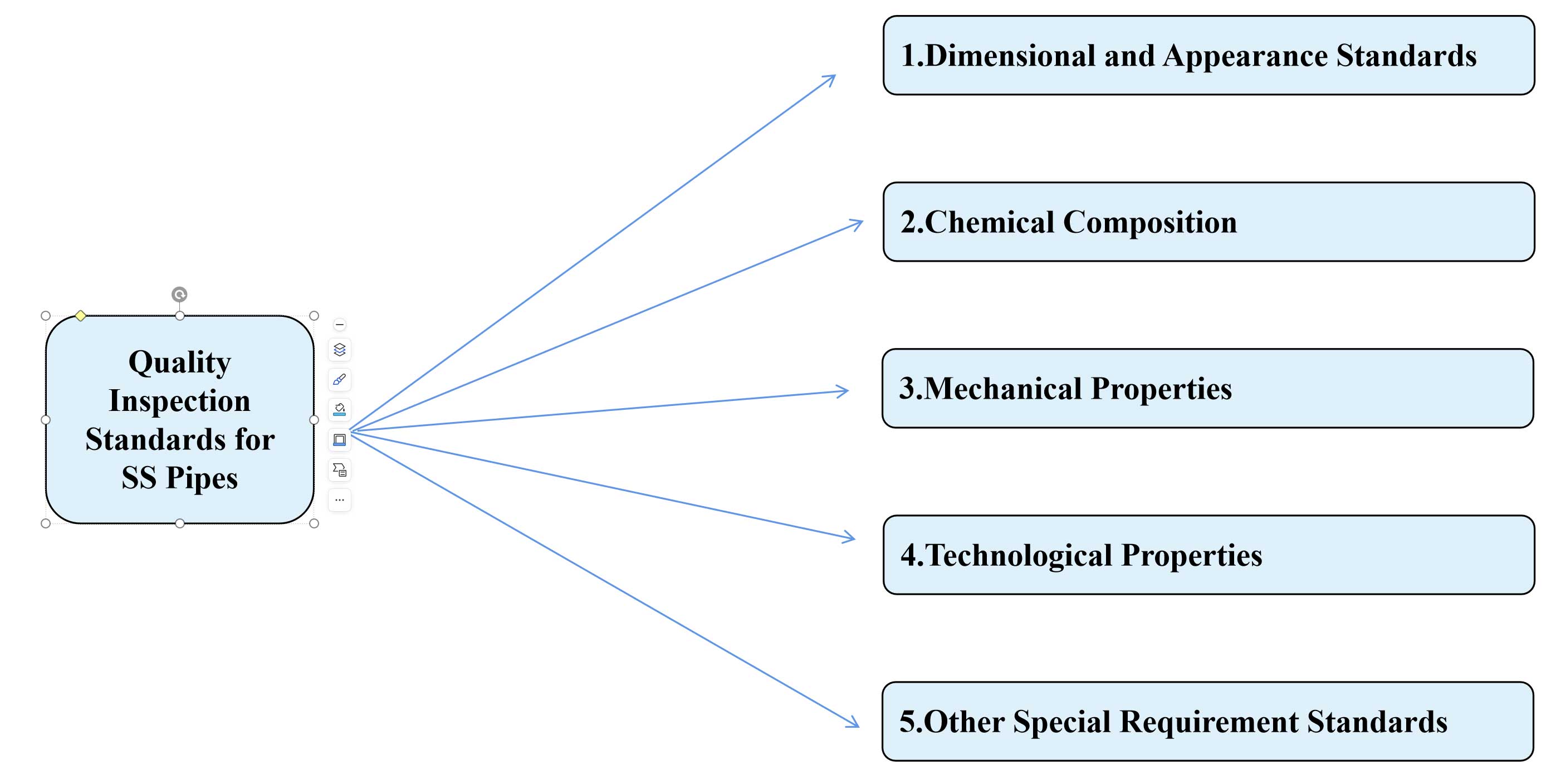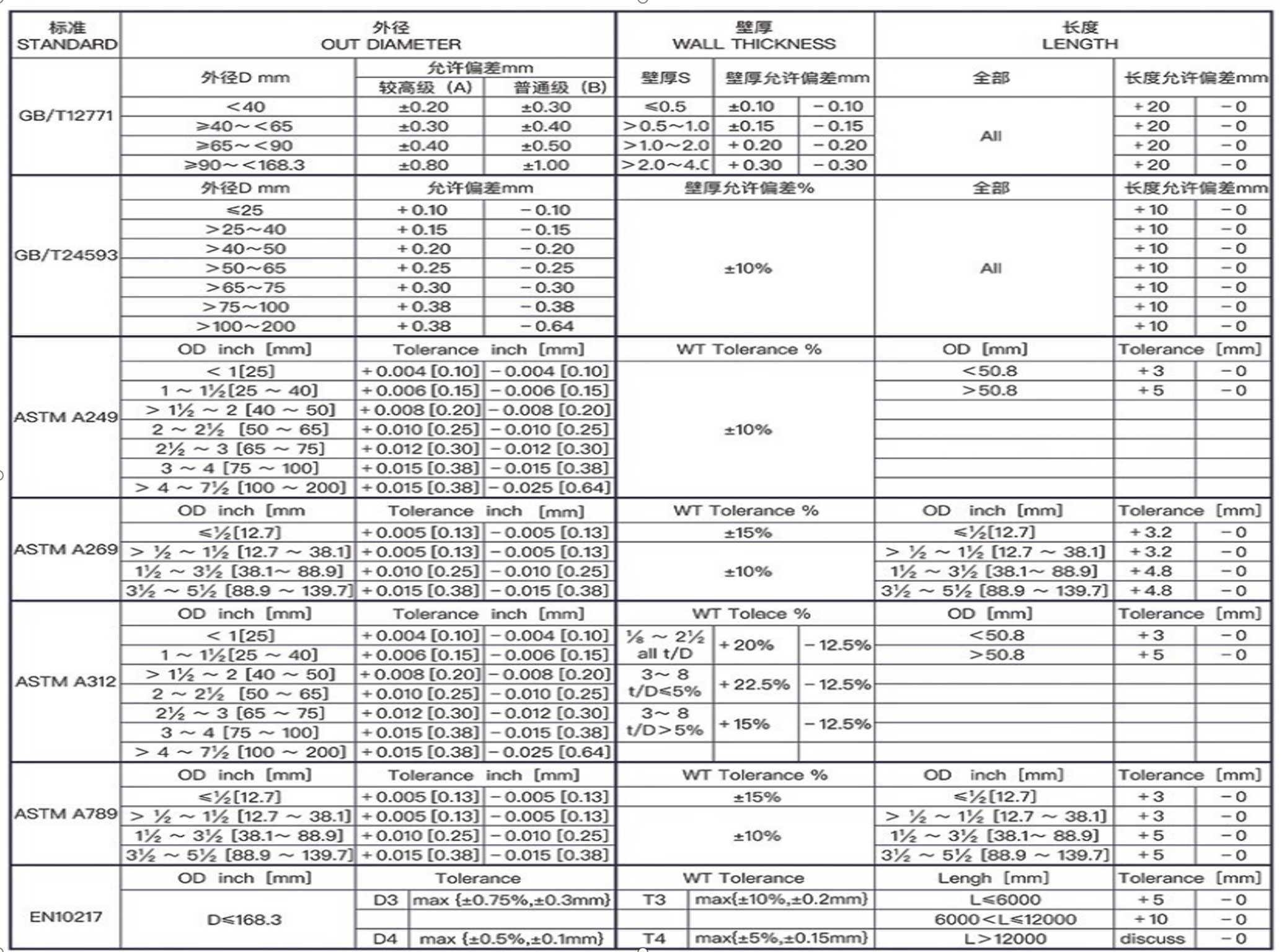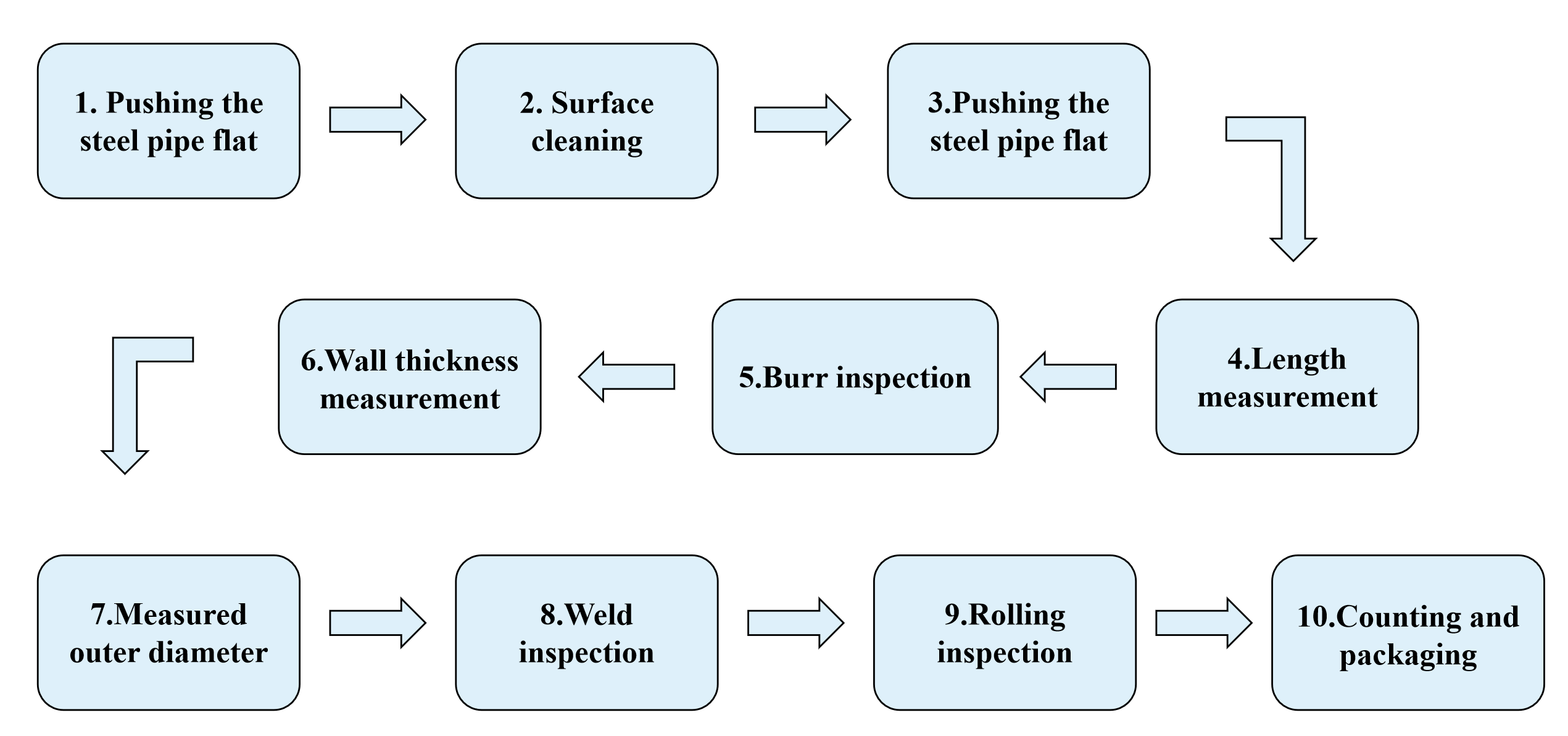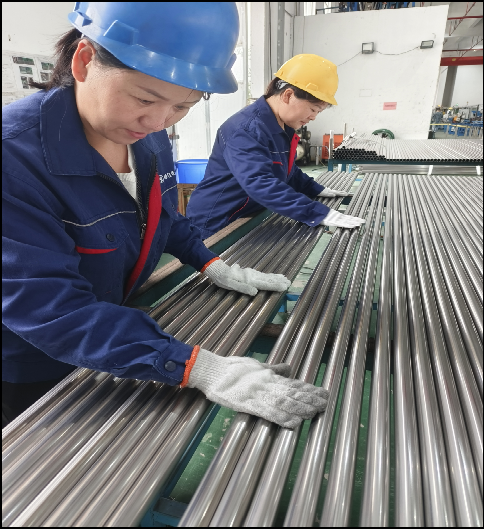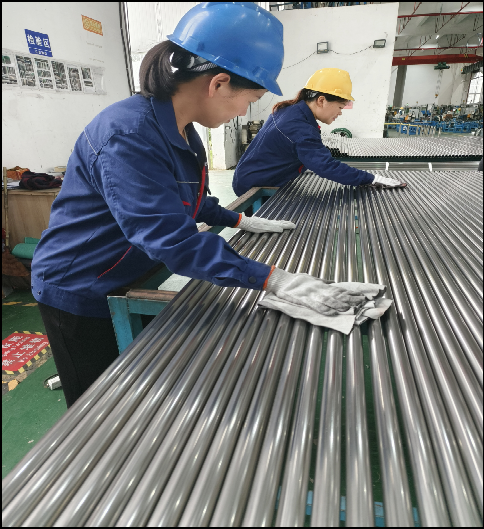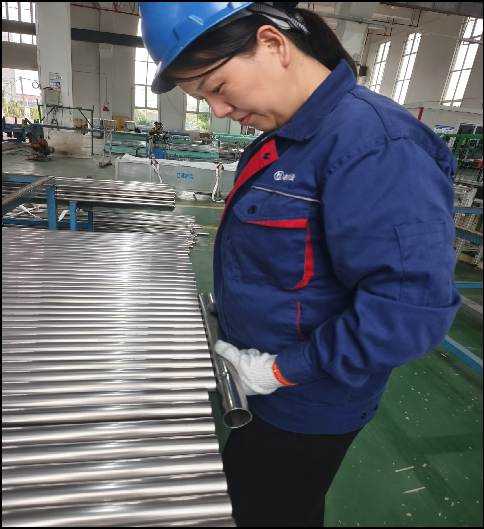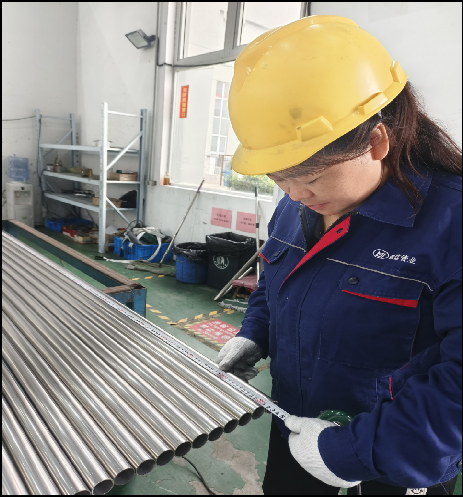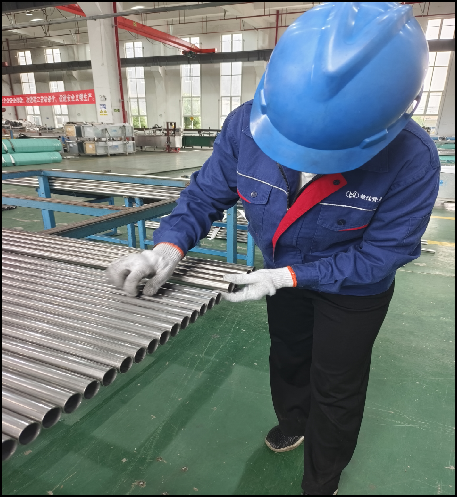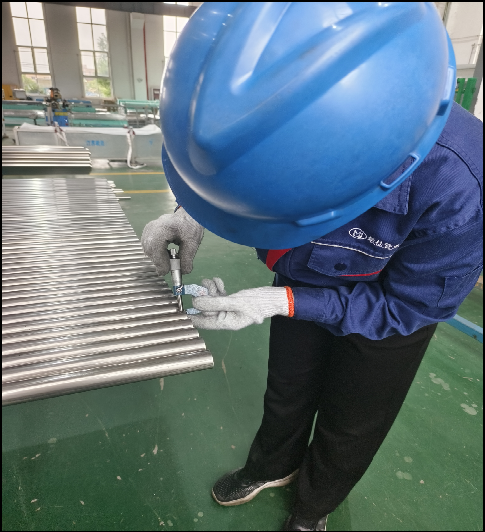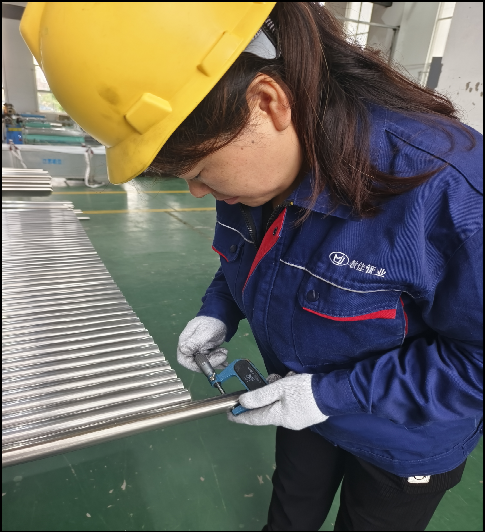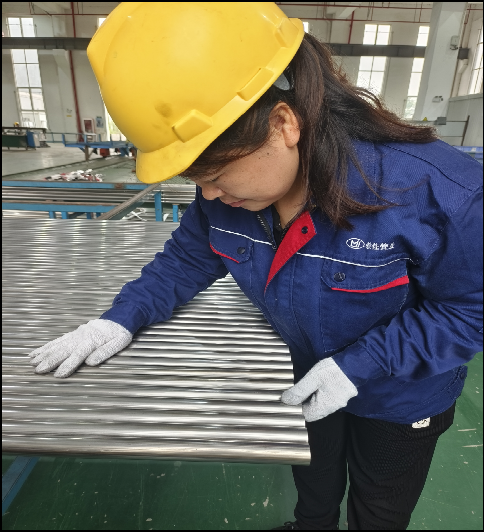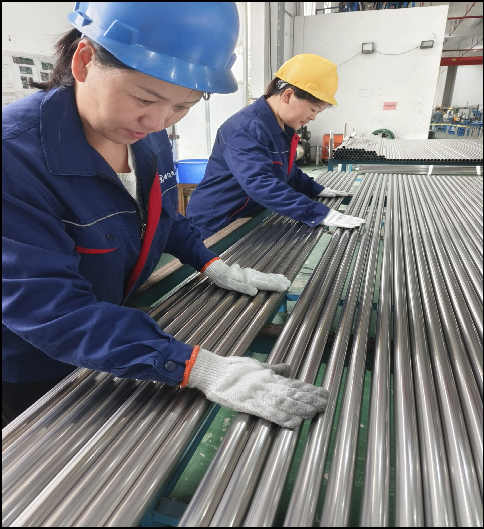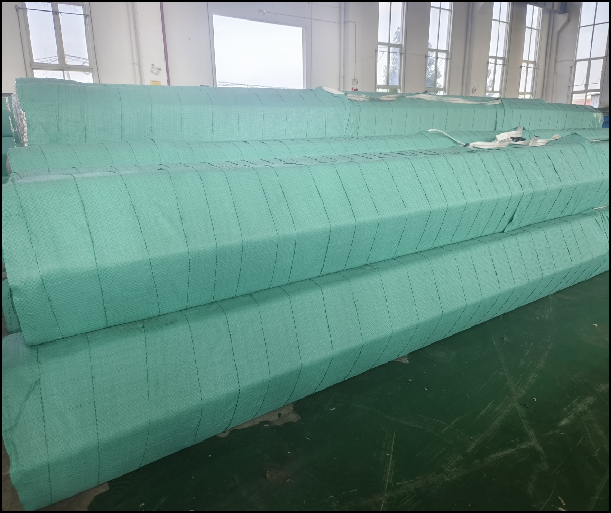- Oscar Metal Materials
- Oscar Stainless Steel Pipes
- Oscar Elevator Parts
- Cold Drawn Guide Rails
- Machined Guide Rails
- High Speed Guide Rails
- Hollow Guide Rails
- Guide Rail Accessories
- Elevator Accessories
- Light curtain series
- fan series
- Governor machine series
- Safety Gear series
- Oil Buffer series
- Door Lock series
- Guide Shoe series
- Oil Can series
- Rose head series
- Shoe Lining series
- Repair Box series
- Switch series
- Door Slide series
- Wheel Series
- Door Knife series
- Triangle Lock series
- Walkie-talkie series
- Damping Pad series
- Station clock series
- Button series
- Power Supply Lock series
- Door machine&layer gate spare parts
- Contact series
- Operating box&handrail series
- Other series
- Equipment
- Business Relationship
- Enterprise Certification
- Quality Control
- Service Assurance
- Support
Persian
Arabic
Hebrew
Czech
india
Georgian
Ukraine
Urdu
Hungarian
Indonesia
Kazakhstan
Lietuvių
Tagalog
Bangladesh
Uzbek
Vietnam
Croatian
Greek
Polish
Turkish
Finnish
Danish
Norwegian
Dutch
Italian
Deutsch
Japanese
France
Russian
Português
Español

































